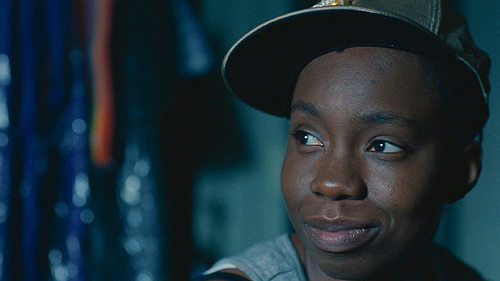South Africa's 19th Out in Africa LGBT Film Festival opens this weekend and there is certainly no shortage of films about women, quite an achievement to note given how often the LGBT community is depicted as male. Yet, within the context of Africa, the LGBT community is also frequently perceived…
-
Afrofeminism - Blog - Film - Gender and LGBT Issues - LGBT Africa - Media - Race, Culture, Ethnicity - Social Commentary - Special Series
-
Not (Just) Another Queer Movie: My Afrofeminist Review of Pariah
Wait a minute, not all lesbians in movies are white, rich or middle-class with no bills to pay? You mean “life†doesn’t get put on pause so that all gay people can experience the thrill of coming out at summer camp? And, there are other LGBT issues worth talking about…
-
An Immigrant’s Halloween: Blackface, Ghetto Parties, and Disney Princesses
I actually want to have fun during Halloween this year. I don't want to feel constantly triggered by offensive costumes. I actually want to smile at kids when they come trick or treating. I want to carve my first pumpkin without being cheered on by coworkers in blackfaced Bob Marley…
-
Obama, Apparently Your Gay Card Has Expired Due to Inactivity
Politics is not my cup of tea, but I just read a series of Facebook posts about an article posted on the Advocate about the LGBT community’s “Disappointment” with Obama that kinda got to me today. This article is certainly not the first of its kind that I’ve come across;…
-
Harvard LGBT Students of Color and Allies Talk Race and Queerness, Gender Takes a Back Seat
Last night, I had the pleasure of facilitating a student discussion about the experience of being an LGBT person of color and/or ally on the Harvard campus. I was invited to speak about my work as the QWOC+ Boston founding organizer, and about the complexities of having multiple identities as…


